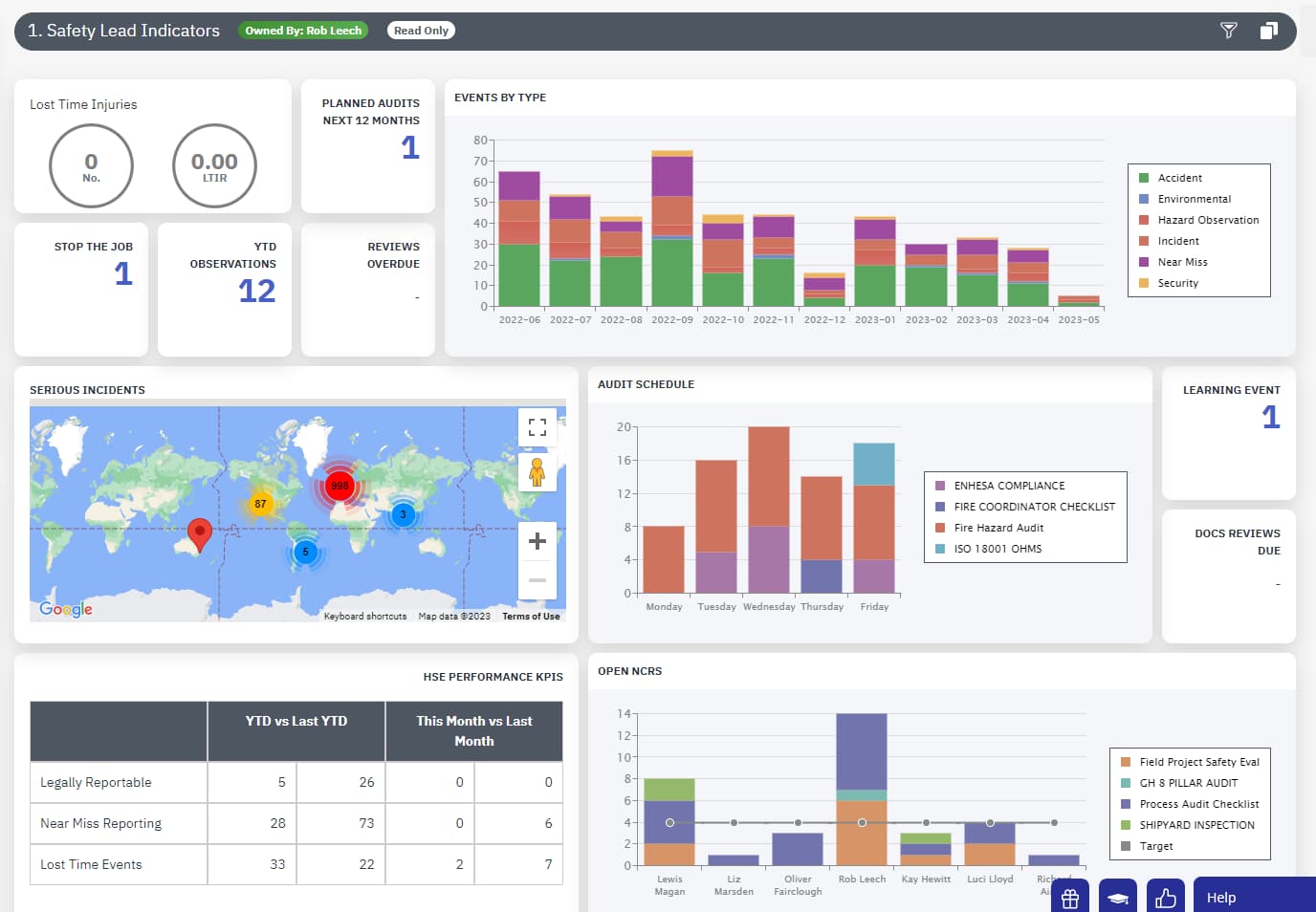
CDP (Carbon Disclosure Project) US
CDP
What is the CDP?
The CDP (formerly known as the Carbon Disclosure Project) is an international not-for-profit charity. The CDP runs the worlds largest
environmental disclosure system and is used by thousands of companies, cities, states and regions. It was founded in 2000 with the goal of encouraging companies to voluntarily disclose their
environmental impact.
The CDP has 4 areas of focus:
- Climate change
- Water security
- Forests and deforestation
- Plastics (waste and pollution)
The CDP uses questionnaires to provide organizations with a framework to disclose their
environmental information to stakeholders, including greenhouse gas (GHG) emissions. Information is then disclosed via the Online Response System (ORS). The CDP aligns with the TCFD, which
means organizations can report in accordance with TCFD recommendations.
The CDP makes its ‘A List’ of companies publicly available. This lists the companies who
have scored an ‘A’ “for their leadership in environmental transparency and performance on climate change, deforestation and water security”.
Who reports to the CDP?
CDP disclosures are voluntary and are used by a range of organizations. Over 23,000 companies report via CDP globally. The CDP is also used by 1,100 cities, states & regions
worldwide. Organizations who voluntarily disclose without request are known as ‘self-selected companies’ (SSC).
What is a CDP score?
A CDP score forms part of the rating system used by the CDP. This score is used by companies,
investors and governments to understand and compare their environmental impact.
A CDP score reflects the level of transparency, action and progress an organization is taking to reduce their GHG emissions and is scored from A (the highest score) to D- (the lowest
score).
If an organization’s CDP score is high (A the highest score), it demonstrates dedication and commitment to lowering GHG emissions and their overall environmental impact, indicating that
they are moving towards a more sustainable future.
Scores are released on an annual basis and are gathered through organizations using the CDP questionnaires for their disclosures. Questionnaire scoring is conducted by accredited
CDP-trained scoring partners. Organizations complete the full or minimum versions of the climate change, forest or water security questionnaires, depending on annual
revenue.
Some organizations disclose via CDP in response to an investor request. CDP (on behalf of its capital markets signatories) sent out letters to over 15,000 companies worldwide in 2023,
requesting environmental information.
The CDP categorizes the scores as follows:
- Disclosure (D-/D score) – this score is regarded as the starting point for an organizations environmental journey.
-
Awareness (C-/ C score) – this score indicates ‘awareness’ level engagement. This score measures the organizations understanding of how its operations
affect the environment, people and ecosystems. - Management (B-/ B score) – this score indicates varying levels of managing an organizations environmental impact.
-
Leadership (A-/ A score) – this score is earned by organizations showing environmental leadership by disclosing action on climate change, deforestation or water
security. Organizations must also demonstrate best practice in accordance with frameworks such as the TCFD. - Failure to Disclose (F score) – the requested organization has not disclosed through CDP.
Ready to take the next steps with your CDP reporting?
Ecometrica is an accredited CDP solutions provider since 2013, and the CDPs only Gold Partner across all 3 of their programs (climate change, water and
forests).
Ecometricas sustainability platform preformats your environmental data to CDP specifications and helps organizations to increase their score while reducing admin
time.



